Jeremy Corbyn’s stance on Salisbury attack was ‘wrong’, says former adviser
New book claims refusal to condemn Russia over Skripal poisoning fuelled ‘doubts’ of both Labour MPs and voters about his leadership
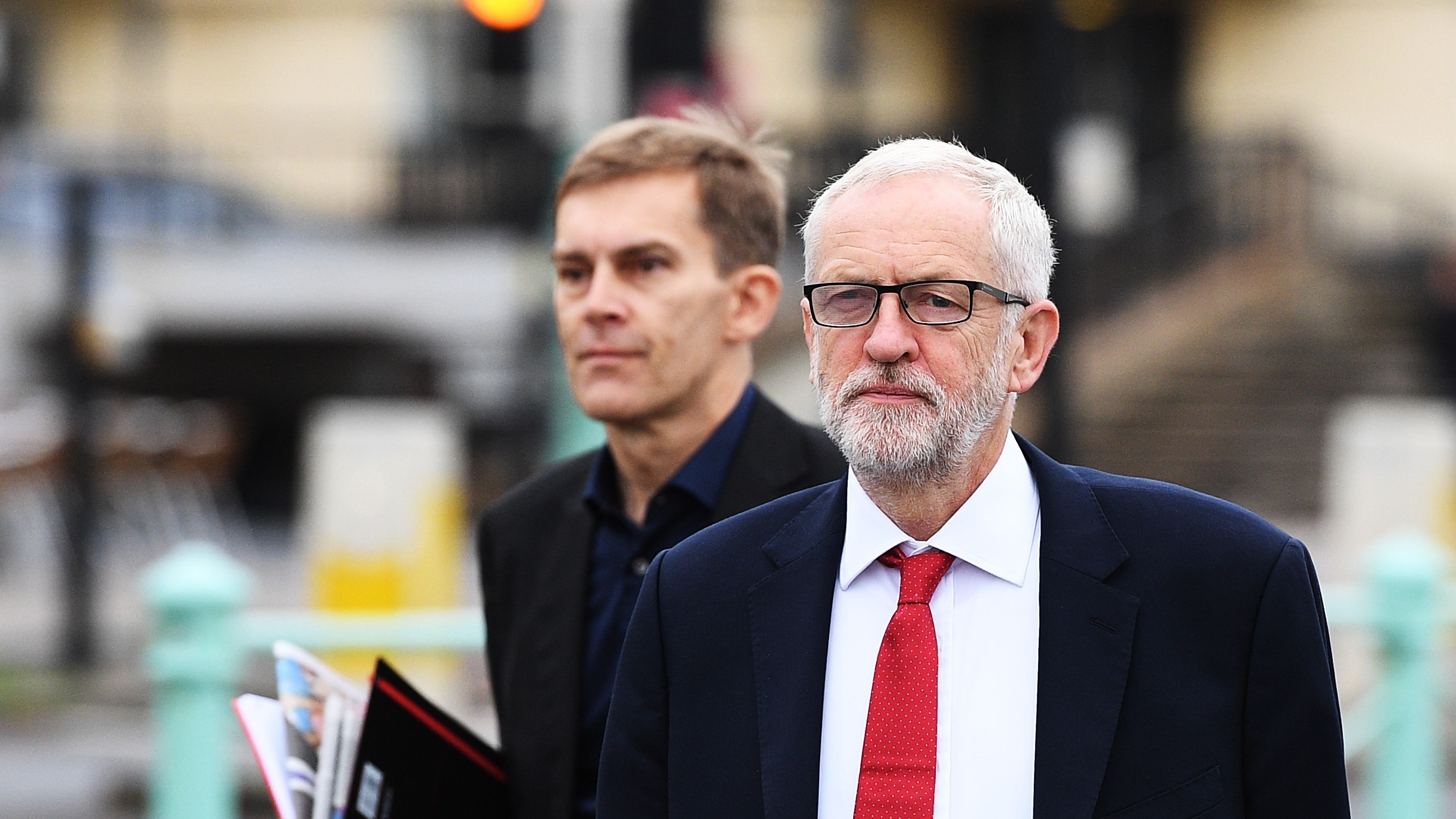
A free daily email with the biggest news stories of the day – and the best features from TheWeek.com
You are now subscribed
Your newsletter sign-up was successful
Jeremy Corbyn’s failure to condemn Russian following the Salisbury novichok attacks marked the beginning of the end of his leadership, a close ex-aide has claimed.
Following the attack on former Russian double agent Sergei Skripal and his daughter Yulia, then-foreign secretary Boris Johnson told the Commons that the Kremlin was “in many respects a malign and disruptive force”.
But Corbyn “misread” the situation, says ex-adviser Andrew Murray, adding that until then, “we were doing all right in the polls. That started bringing all the doubts about Jeremy and the leader’s office to the surface again.”
The Week
Escape your echo chamber. Get the facts behind the news, plus analysis from multiple perspectives.

Sign up for The Week's Free Newsletters
From our morning news briefing to a weekly Good News Newsletter, get the best of The Week delivered directly to your inbox.
From our morning news briefing to a weekly Good News Newsletter, get the best of The Week delivered directly to your inbox.
According to newly published extracts in The Times from new book Left Out: The Inside Story of Labour Under Corbyn, by the newspaper’s journalists Gabriel Pogrund and Patrick Maguire, Murray views the attack as a “turning point” for Corbyn’s national standing and “the uneasy relationship that the leader’s office had with the parliamentary Labour Party (PLP)”.
“The Salisbury attack is something we got wrong. When it happened, I thought, ‘Well, probably there’s Russians behind this, because of the use of novichok’,” Murray said.
“You don’t run into saying ‘This is Putin’s responsibility’ when you haven’t produced the evidence of it. In fact, this evidence has now been produced. Had we known then what we know now, we’d have taken a different view, I think.”
Along with various other revelations in their tell-all new book, Pogrund and Maguire claim that the failure of Corbyn’s team to blame Russia over the attack “was in no small part” due to the influence of his director of communications, ex-Guardian editor Seamus Milne.
A free daily email with the biggest news stories of the day – and the best features from TheWeek.com
“To his MP critics,” says the book, Milne took a “Manichean view of geopolitics, and during his career at The Guardian had on several occasions ended up on the same side of the argument as Putin”.
Milne would also go on to “compare the incident to the build-up to the Iraq War”, telling journalists that “I think, obviously, the government has access to information and intelligence on this matter which others don’t.
“However, also, there’s a history in relation to WMD [weapons of mass destruction] and intelligence which is problematic, to put it mildly.”
So “remarkable” were the comments, that the Press Association - a news organisation without political affiliation - defied an “unspoken rule” of the parliamentary press corps by attibuting the comments to Milne, rather than simply “a Labour spokesperson”.
As Sky News reported at the time, in the ensuing row over Labour’s stance, Corbyn was accused of “appeasement” towards Russia and was “heckled” in the Commons.
Joe Evans is the world news editor at TheWeek.co.uk. He joined the team in 2019 and held roles including deputy news editor and acting news editor before moving into his current position in early 2021. He is a regular panellist on The Week Unwrapped podcast, discussing politics and foreign affairs.
Before joining The Week, he worked as a freelance journalist covering the UK and Ireland for German newspapers and magazines. A series of features on Brexit and the Irish border got him nominated for the Hostwriter Prize in 2019. Prior to settling down in London, he lived and worked in Cambodia, where he ran communications for a non-governmental organisation and worked as a journalist covering Southeast Asia. He has a master’s degree in journalism from City, University of London, and before that studied English Literature at the University of Manchester.
-
 Munich Security Conference: a showdown between Europe and Trump?
Munich Security Conference: a showdown between Europe and Trump?Today’s Big Question Report suggests European leaders believe they can no longer rely on the US for military support – but decoupling is easier said than done
-
 The Week Unwrapped: Have televised confessions quelled protests in Iran?
The Week Unwrapped: Have televised confessions quelled protests in Iran?Podcast Plus, why has Elon Musk turned from Mars to the Moon? And will the BBC prove to be a puzzles champ?
-
 The week’s best photos
The week’s best photosIn Pictures An Andean god, a rogue squirrel, and more
-
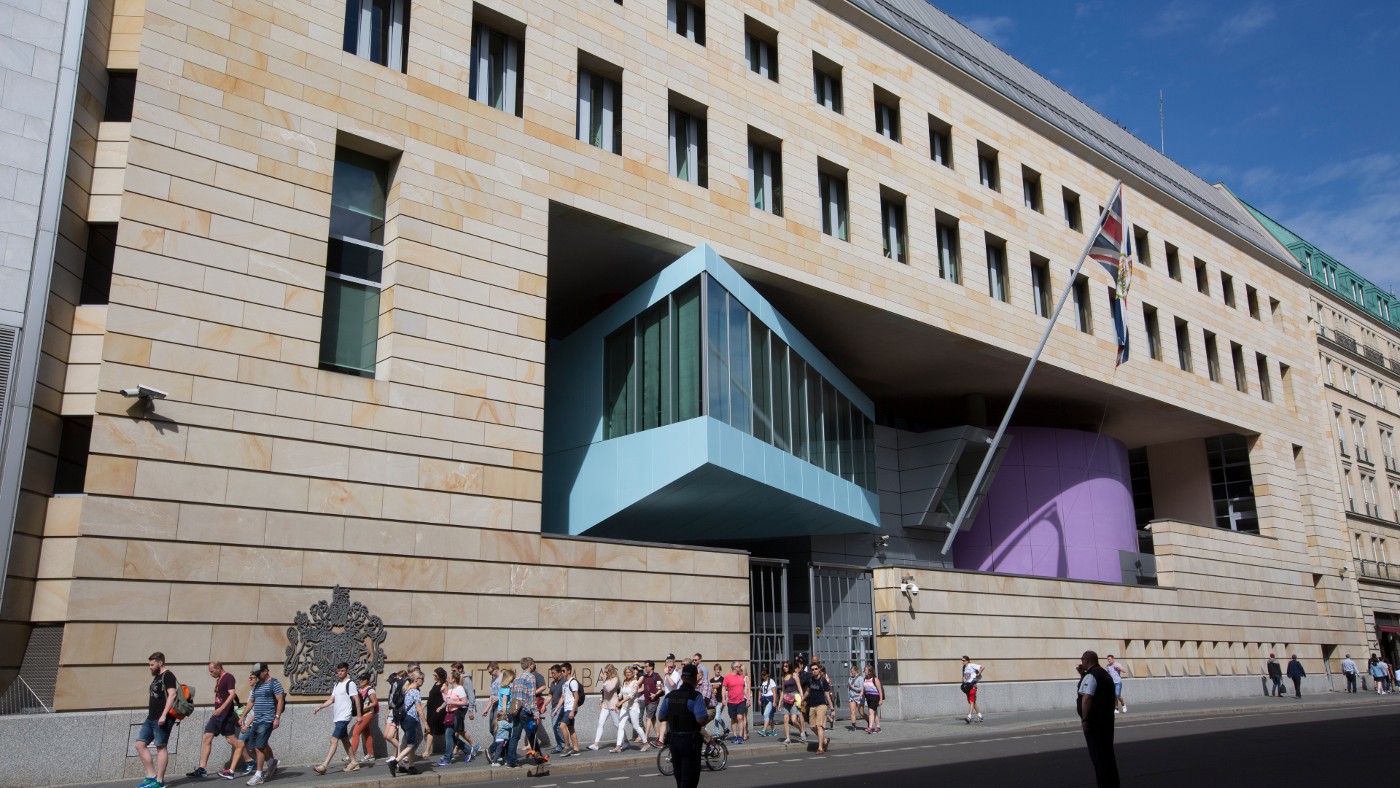 Russian spy from British embassy jailed for 13 years
Russian spy from British embassy jailed for 13 yearsSpeed Read David Ballantyne Smith is ‘a far cry from the thrilling figures drawn in espionage folklore’
-
 What we know about the Copenhagen mall shooting
What we know about the Copenhagen mall shootingSpeed Read Lone gunman had mental health issues and not thought to have terror motive, police say
-
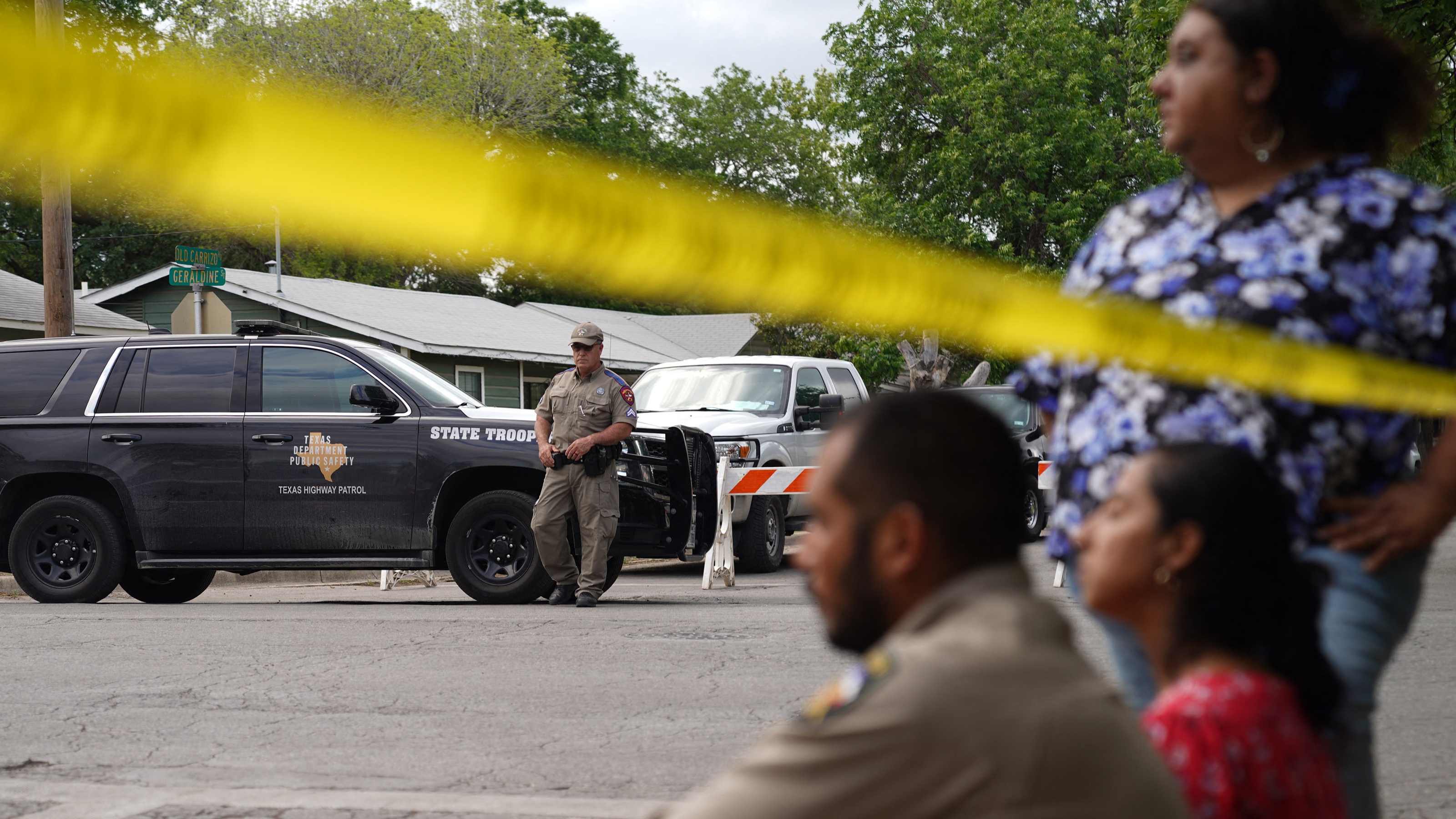 Texas school shooting: parents turn anger on police
Texas school shooting: parents turn anger on policeSpeed Read Officers had to be urged to enter building where gunman killed 21 people
-
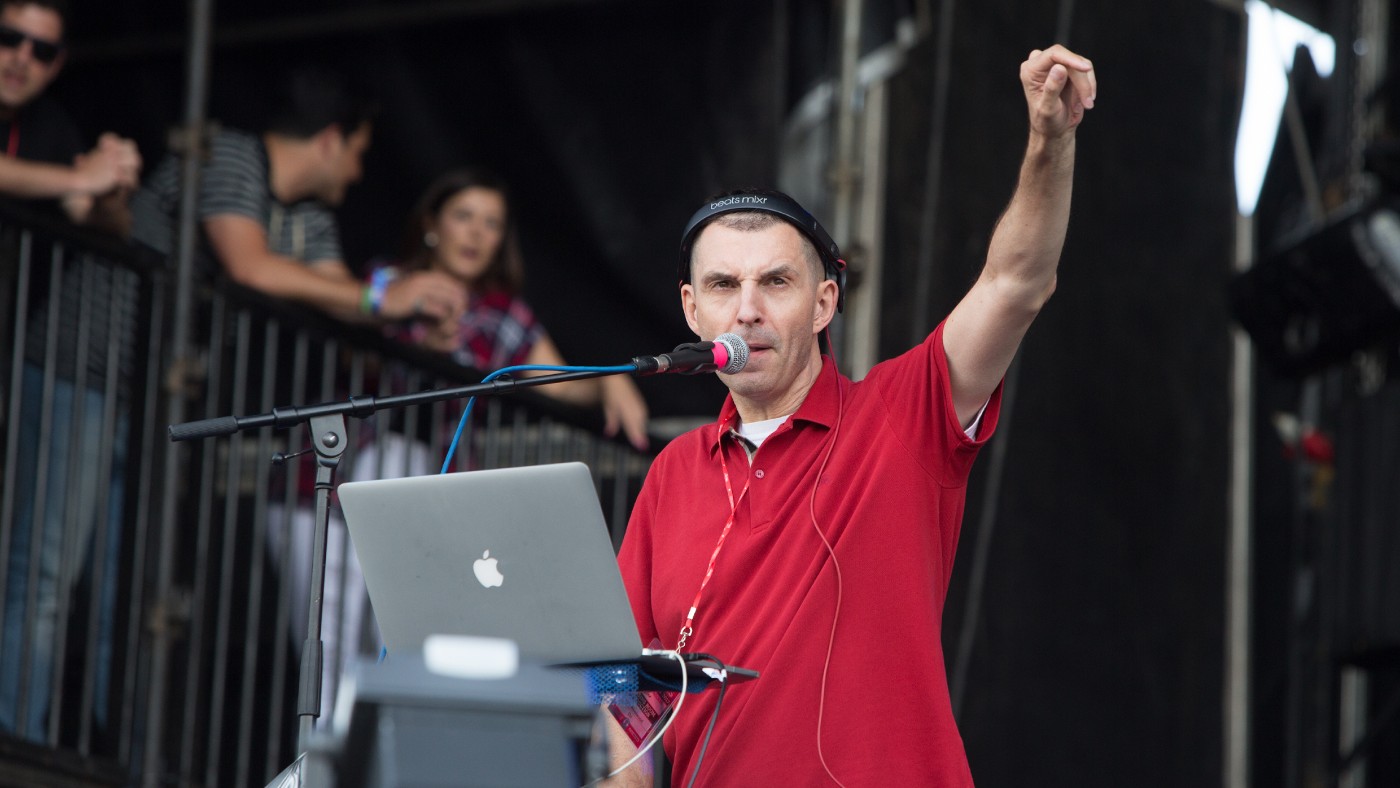 DJ Tim Westwood denies multiple sexual misconduct allegations
DJ Tim Westwood denies multiple sexual misconduct allegationsSpeed Read At least seven women accuse the radio and TV presenter of predatory behaviour dating back three decades
-
 What happened to Katie Kenyon?
What happened to Katie Kenyon?Speed Read Man charged as police search for missing 33-year-old last seen getting into van
-
 Brooklyn subway shooting: exploring New York’s ‘steep decline in law and order’
Brooklyn subway shooting: exploring New York’s ‘steep decline in law and order’Speed Read Last week, a gunman set off smoke bombs and opened fire on a rush-hour train in the city
-
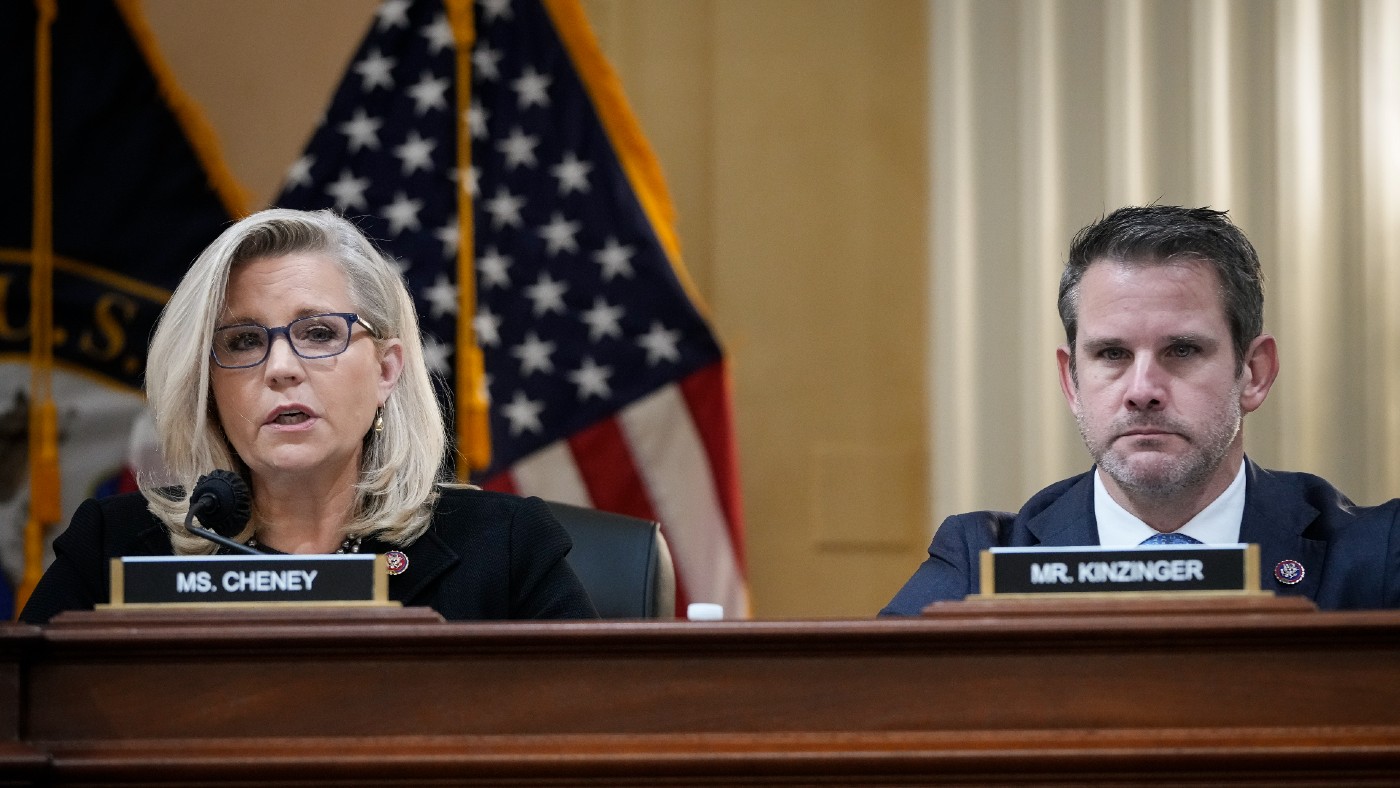 How the Capitol attack investigation is splitting the Republicans
How the Capitol attack investigation is splitting the RepublicansSpeed Read Vote to censure two Republican representatives has revealed deep divisions within party
-
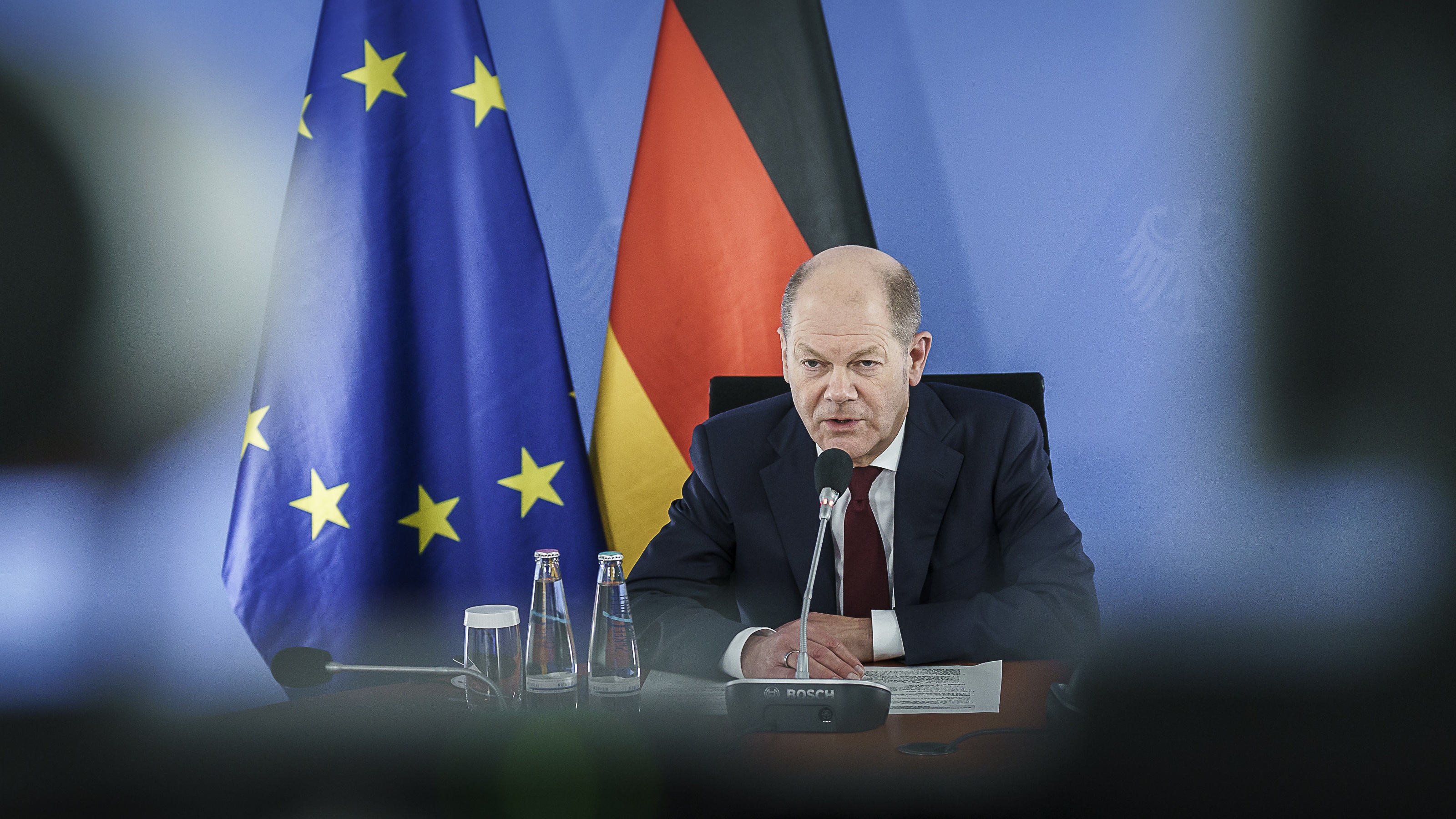 Why Germany is under attack over Russia-Ukraine stand-off
Why Germany is under attack over Russia-Ukraine stand-offIn Depth Mayor of Kiev accuses Berlin of ‘betrayal’ for refusing to back arms exports